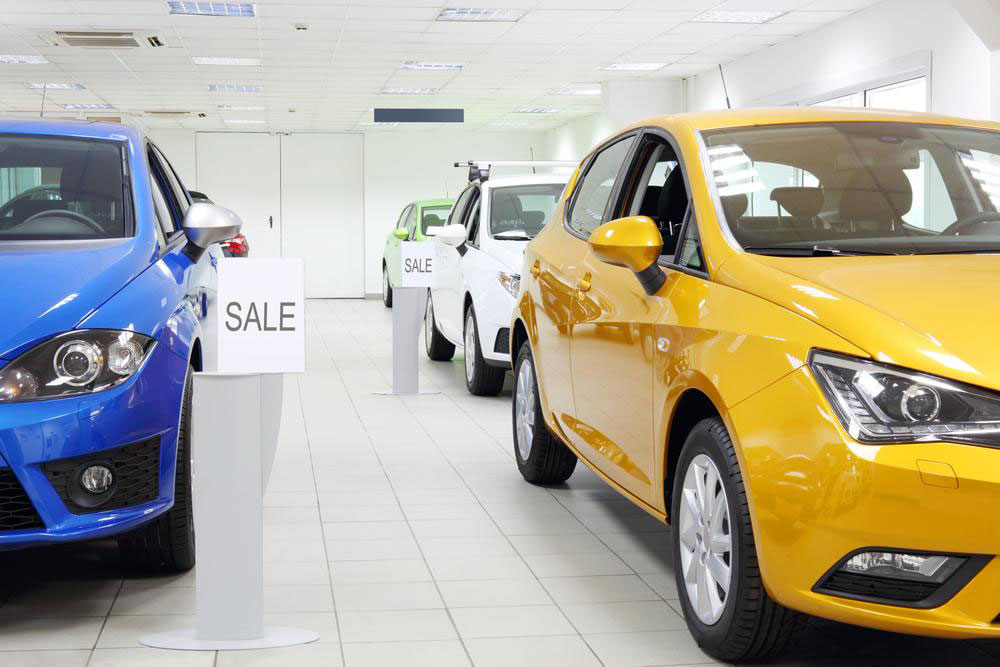Here’s what you need to know when you lease a car
A leased car and not an owned one is something many Americans consider, especially if they happen to be in the market for a nicer, higher end and more expensive vehicle. Maybe it is a lifestyle choice, maybe it is aspirational, maybe it is a business need to project a certain image – whatever the reason, when you drive and step out of a nice car, a certain image is already formed.
Now, not everyone has the money or indeed, the want to actually buy a fancy car. This could be for a variety of reasons, including not wanting to tie up the money, not being able to qualify for the higher financing and loan amount that a fancier car would necessitate, not wanting to deal with the maintenance and hassles of ownership, or simply wanting to be at liberty to try and use new cars every year or two.

For starters, know that you absolutely must have insurance and that does not come with the leased car or is part of the cost and payment for one. So, insurance for the car and driver is mandatory, and it is your responsibility – as an individual or company, if it is a business lease, to ensure that the proper amount and type of car insurance has been chosen and purchased for the leased vehicle.
Furthermore, unlike when you own your vehicle and can take shortcuts or make the choice to skip on certain insurance coverage (like comprehensive or collision), as a driver of a leased vehicle, the choice is not up to you but something that most leasing companies will require to cover their own investment. So be prepared to pay for comprehensive, collision, and liability that is likely higher than the state’s required minimum.

